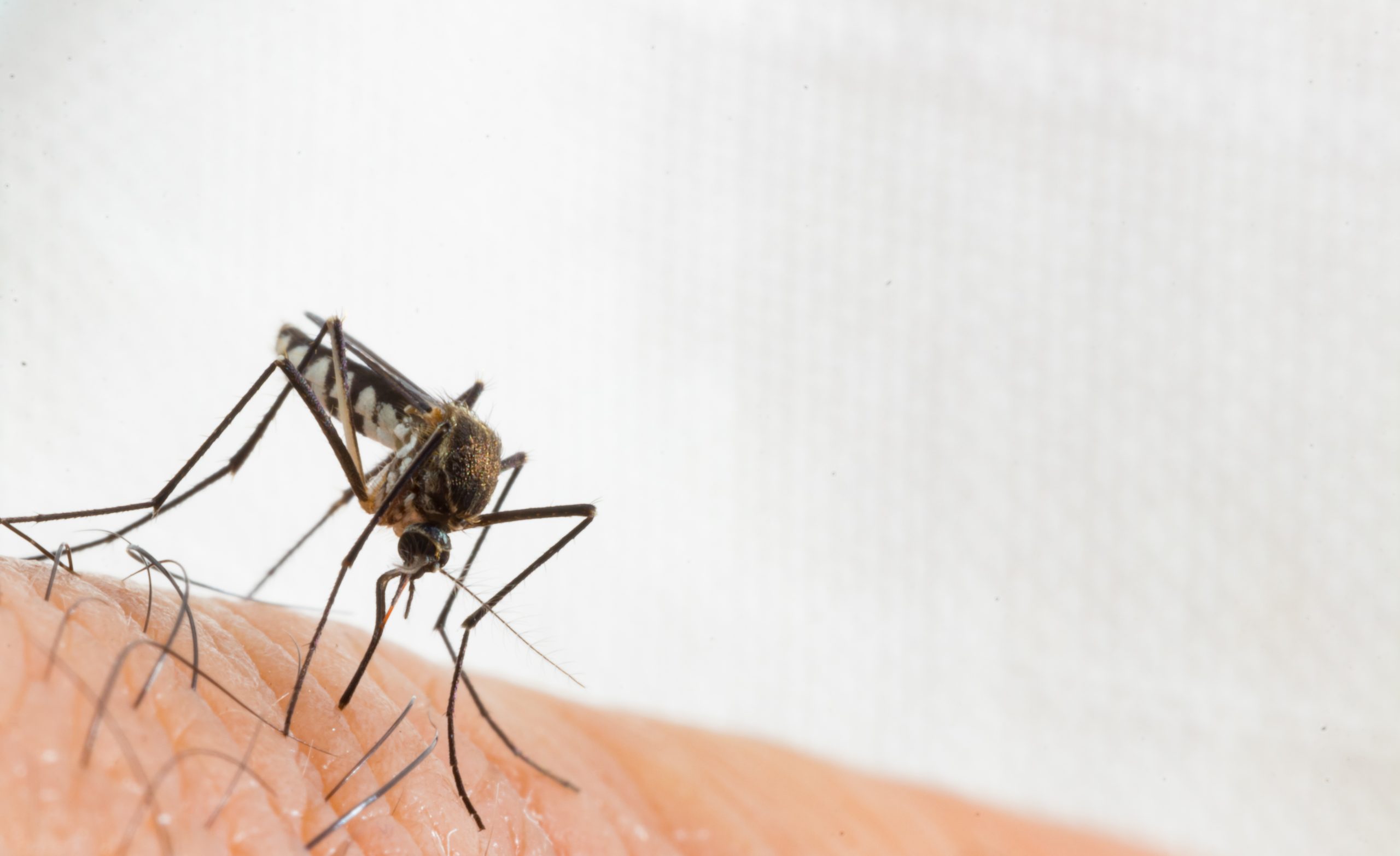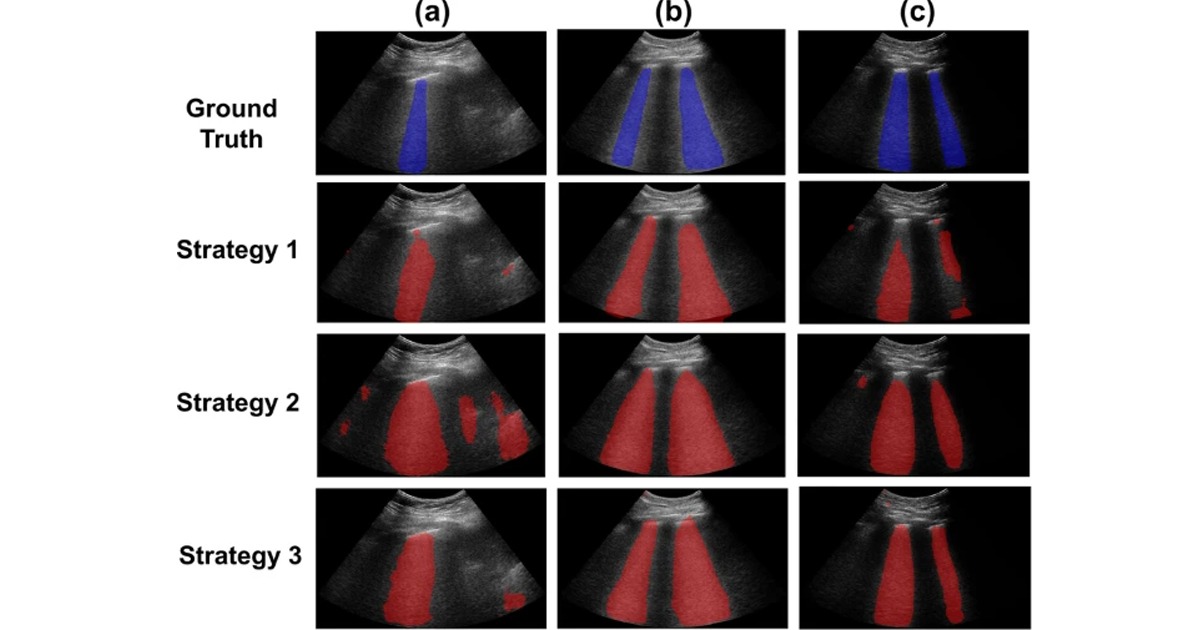Researchers first developed synthetic mosquitoes that seek to neutralize the spread of arboviruses.
The results of biologist-led research from the University of California at San Diego, were published in the journal PLOS Pathogens. Dengue virus (DENV) is endemic to tropical regions around the world, so this multidisciplinary group of scientists devised an effective strategy for mosquito control that spreads the virus.
In the article they described the development of Aedes aegypti, the scientific name of synthetically modified mosquitoes to prevent DENV. “These mosquitoes express a gene encoding an engineered single-chain variable fragment derived from a broadly neutralizing DENV human monoclonal antibody and have significantly reduced viral infection, dissemination, and transmission rates for all four major antigenically distinct DENV serotypes,” as it reads in the article’s summary.
In the summary, the author explains the advances in genetic technology and its importance for the control of this virus worldwide. “Recent advances in genetic technologies has allowed for precise modifications of mosquito genome to make them resistant to infections, thus breaking the transmission cycle. Here we generated engineered Ae. aegypti mosquitoes efficiently expressing a DENV-targeting single-chain variable fragment (scFv) derived from a previously characterized broadly neutralizing human antibody, which blocked infection and transmission in these mosquitoes”.

The results shown considerable progress in developing synthetic mosquito-based strategy to reduce other types of arboviruses such as chikungunya and Zika. This initial research provides a test principle for developing more strategies through genetics to reduce the impact of arbovirus around the world.
PLOS
https://journals.plos.org/plospathogens/article?id=10.1371/journal.ppat.1008103
UNIVERSITY OF CALIFORNIA AT SAN DIEGO
https://ucsdnews.ucsd.edu/pressrelease/mosquitoes-engineered-to-repel-dengue-virus






